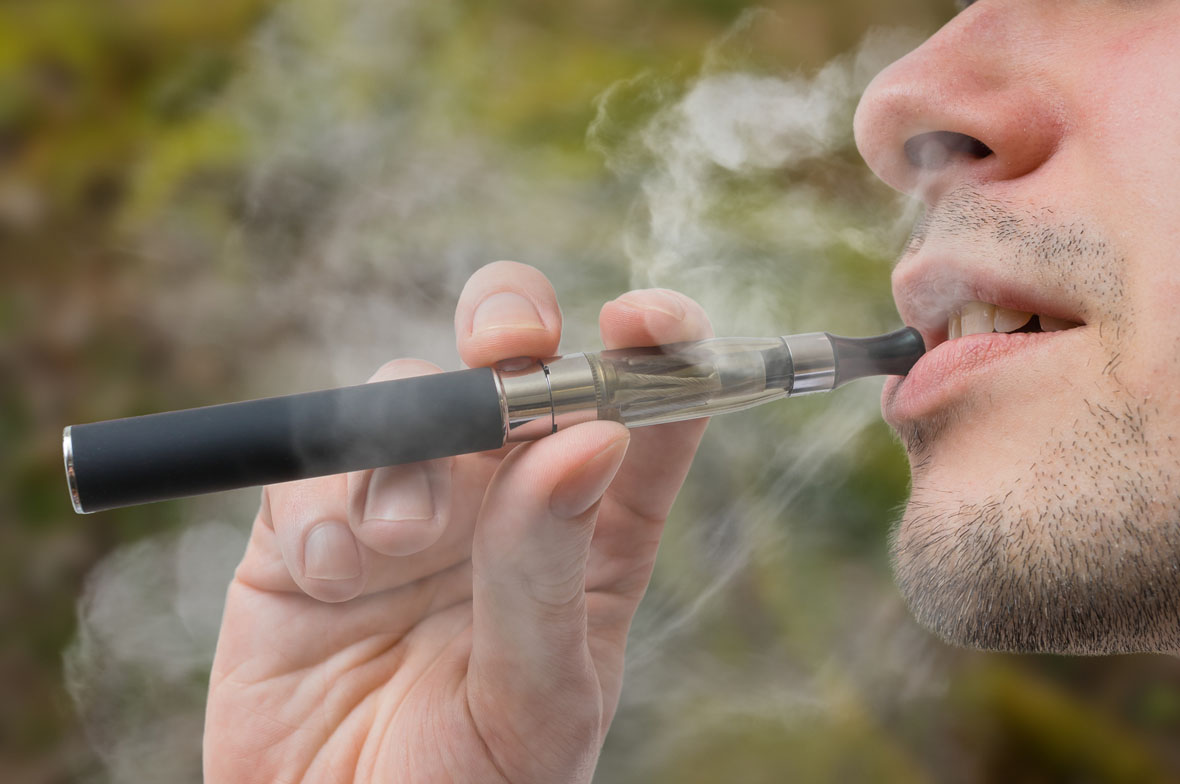Some much-needed sanity was just injected into the debate over Indiana’s nonsensical, anti-competitive vaping law. This is a major win for vapers everywhere and a blow to state-enforced monopolies.
“The law stipulated that in order to secure the five-year permit required to sell their products in Indiana, e-liquid manufacturers must work with an independent security firm that inspects their products. ... [it] was meant to create a local monopoly.”
In a preliminary injunction ruling issued on August 19 by the U.S. District Court for the Southern District of Indiana, Judge Richard Young decided that Indiana must allow the sale of e-liquid that is not approved by the state’s Alcohol Tobacco Commission. This is the latest major development in a long line of changes that have brought turmoil to Indiana’s e-liquid market.
Controversy first arose in May 2015, when Indiana Republican governor Mike Pence signed House Bill 1432. The bill was intended to “protect public health and safety” in the absence of federal regulations concerning e-liquid products. As it turned out, federal regulations of all kinds of e-liquid products were finalized in May 2016.
The Indiana law was set to go into effect on July 1, though full implementation was delayed at the last minute for another three months. In addition to regulations on manufacturers, the law stipulated that in order to secure the five-year permit required to sell their products in Indiana, e-liquid manufacturers must work with an independent security firm that inspects their products.
The requirement to work with a security company is the first of its kind, and the standards placed on approved security companies have nothing to do with producing safe e-liquid. Instead, the law was meant to create a local monopoly.
The only security company that met all of the law’s requirements was Mulhaupt’s, based (unsurprisingly!) in Lafayette, Indiana. As an investigation by the Indianapolis Business Journal revealed, there is reason to believe that the law was specifically written so that only one Indiana-based firm could comply.
The requirements include the security company having:
- An employee who has been a certified locksmith by the Associated Locksmiths of America for at least one year.
- An employee who has worked at the firm for at least one year and holds an Architectural Hardware Consultant certification from the Door and Hardware Institute.
- An employee who has worked at the firm for at least a year and holds a Rolling Steel Fire Door Technician certification from the International Door Association or the Institute of Door Dealer Education and Accreditation.
- One year of experience operating a security monitoring station with ownership control and use of a redundant offsite backup security monitoring station.
- One year of experience operating a facility with authority to modify commercial hollow metal doors, frames, and borrowed lights.
If you are asking yourself what any of these requirements have to do with properly inspecting and securing e-liquid, you are not alone. According to the court’s ruling, even the state of Indiana has “no position on how a rolling steel fire door protects against tampering or adulteration of e-liquid during the manufacturing process.”
The Architectural Hardware Consultant requirement is...
Read the entire piece here on Forbes
______________________
Jared Meyer is a fellow at the Manhattan Institute's Economics21. Follow him on Twitter here.
This piece originally appeared in Forbes
